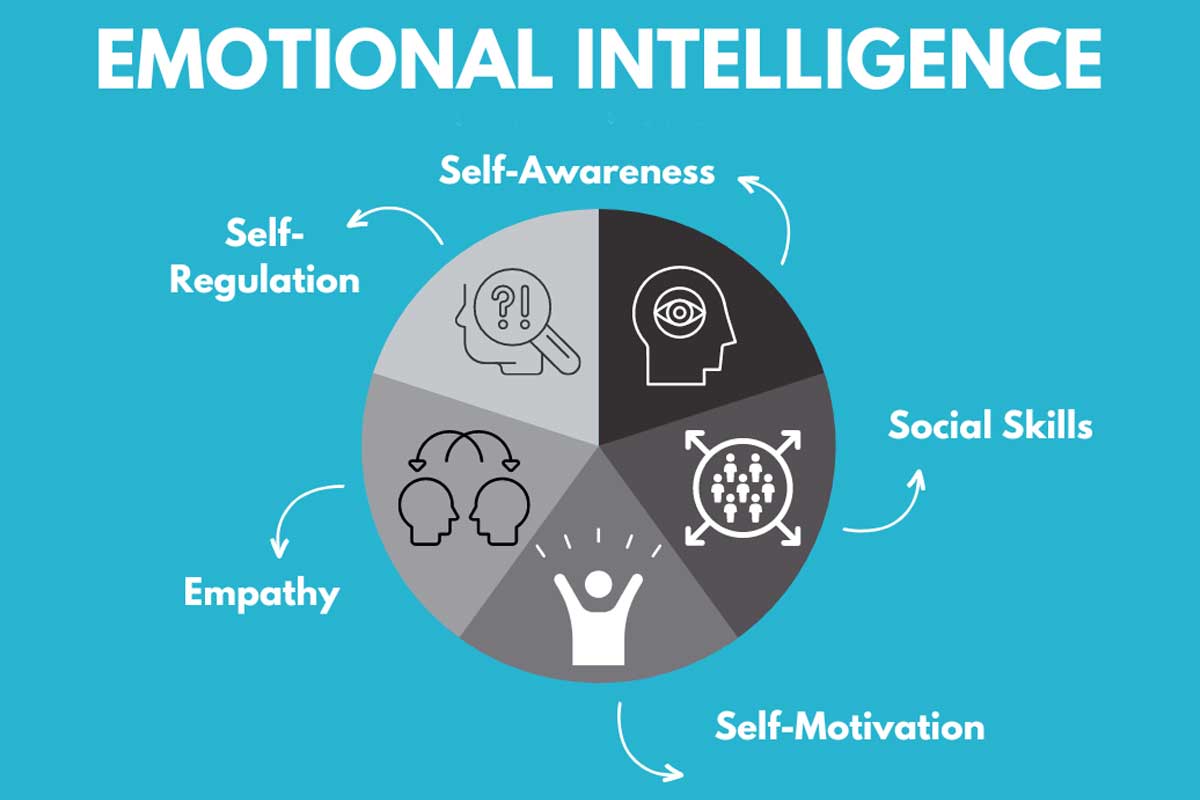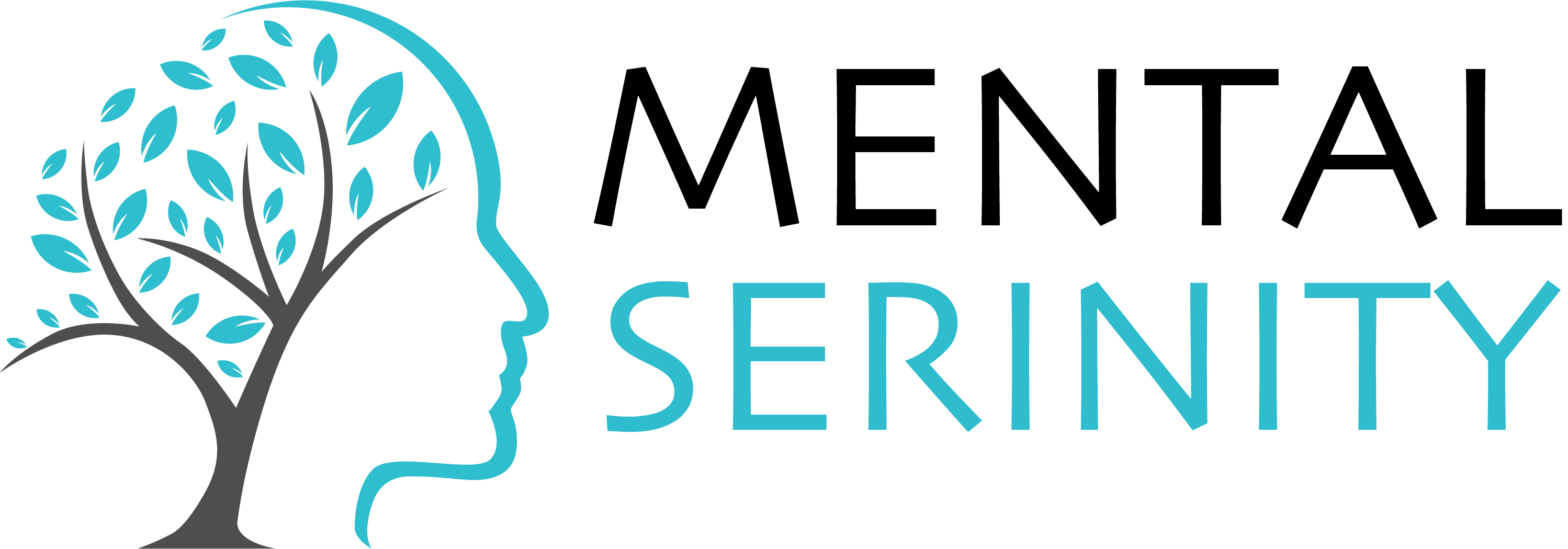

Emotional intelligence (EI) is the ability to recognize, understand, and manage both your own emotions and the emotions of others. It encompasses a range of skills, including self-awareness, self-regulation, empathy, and social skills, all of which are essential for navigating the complexities of human relationships and achieving success in various aspects of life. In this guide, we’ll explore the concept of emotional intelligence, its importance, and practical strategies for developing awareness and regulation skills.
Understanding Emotional Intelligence: Emotional intelligence consists of four primary components:
1.Self-Awareness: The ability to recognize and understand your own emotions, as well as their impact on your thoughts, behaviors, and decisions.
2.Self-Regulation: The capacity to manage and regulate your emotions effectively, including the ability to control impulses, cope with stress, and adapt to changing situations.
3.Empathy: The ability to understand and empathize with the emotions and perspectives of others, as well as to respond to them in a compassionate and sensitive manner.
4.Social Skills: The proficiency in building and maintaining positive relationships, communicating effectively, resolving conflicts, and working collaboratively with others.
Importance of Emotional Intelligence: Emotional intelligence plays a critical role in various aspects of life, including:
Strategies for Developing Emotional Intelligence:
1.Practice Self-Reflection: Take time to reflect on your emotions, thoughts, and behaviors. Journaling, meditation, or mindfulness practices can help enhance self-awareness and insight.
2.Identify Triggers: Pay attention to situations or events that trigger strong emotional reactions. Understanding your triggers can help you anticipate and manage your responses more effectively.
3.Learn to Pause: When faced with intense emotions, practice pausing and taking a few deep breaths before reacting. This can help you regain control over your impulses and respond more thoughtfully.
4.Develop Coping Skills: Build a toolkit of healthy coping strategies to manage stress and regulate emotions, such as deep breathing exercises, relaxation techniques, or engaging in enjoyable activities.
5.Practice Empathy: Make an effort to see things from others’ perspectives and validate their emotions. Actively listen to their concerns, show empathy, and respond with kindness and understanding.
6.Improve Communication Skills: Work on enhancing your communication skills, including active listening, assertiveness, and nonverbal communication. Effective communication fosters positive relationships and prevents misunderstandings.
7.Seek Feedback: Solicit feedback from others about your emotional intelligence skills and areas for improvement. Constructive feedback can provide valuable insights and help you grow.
Conclusion: Emotional intelligence is a crucial skill set that contributes to success and well-being in various areas of life. By developing awareness and regulation skills, you can enhance your ability to understand and manage your own emotions, navigate interpersonal relationships, and achieve your goals. Whether through self-reflection, coping strategies, or practicing empathy, there are many ways to cultivate emotional intelligence. Remember that developing EI is a lifelong journey that requires practice, patience, and self-awareness. By investing in your emotional intelligence, you can unlock your full potential and lead a more fulfilling and satisfying life.
